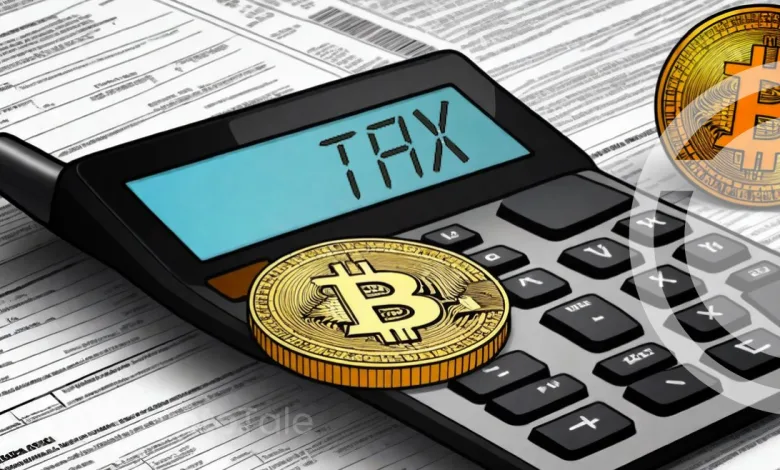Crypto Tax Rule Axed: Senate Votes 70–28, Trump Expected to Sign

- US Senators have introduced a joint resolution to repeal the Internal Revenue Service Rule.
- The repeal awaits President Donald Trump’s signature to eliminate mandatory crypto taxes
- It also removes the regulatory hurdles of transaction details being revealed.
The U.S. Senate voted 70-28 to repeal a controversial IRS cryptocurrency tax rule, with President Donald Trump expected to sign it into law. This decision, rooted in bipartisan concerns over regulatory overreach, reflects ongoing tension between innovation and taxation in the crypto space. The rule, published in the Federal Register on December 30, 2024, mandated that brokerages, including decentralized finance (DeFi) platforms, report user trading data, along with the Form 1099 tax returns to customers.
Critics argued that the regulation was impractical for DeFi platforms, which operate without centralized control, making compliance impossible. The Trump White House criticized the measure as a “midnight regulation in the final days of the previous administration” and warned that it posed privacy concerns. Along with that, the DeFi Education Fund said that it was an “unlawful and unconstitutional overreach.”
The repeal received bipartisan support, with lawmakers like Senator Ted Cruz condemning the rule. DeFi Education Fund, which previously voiced against it, welcomed the repeal, calling it a safeguard for U.S innovation. It also aligns with President Trump’s evolving stance on digital assets. Trump, who was once a vocal critic, calling Bitcoin a scam in 2021, has since embraced the industry, promising to make the U.S. the “crypto capital.” His pro-crypto pivot signals a policy shift favouring digital asset innovation.
Related: Trump Says U.S. Will Dominate Crypto And Next Generation of Financial Technologies
Impact on the Crypto Industry
For the broader crypto market, the repeal is more than just a positive sign, it eliminates a significant regulatory hurdle. Otherwise, the IRS rule would’ve imposed extensive reporting requirements, forcing DeFi brokers to track and disclose transaction details, a process that many argued to be infeasible. Industry analysts predict that the repeal could encourage more crypto businesses to operate within the US.
However, the decision raises concerns about tax compliance. The original rule was aimed at closing the tax gap, as IRS data shows a 55% misreporting rate for income with little third-party oversight versus 5% for fully reported earnings. While the repeal could benefit stakeholders, it may complicate enforcement efforts. Even so, with President Trump’s expected signature, the repeal marks a significant victory for the crypto sector as the US moves toward a more crypto-friendly regulatory environment.




